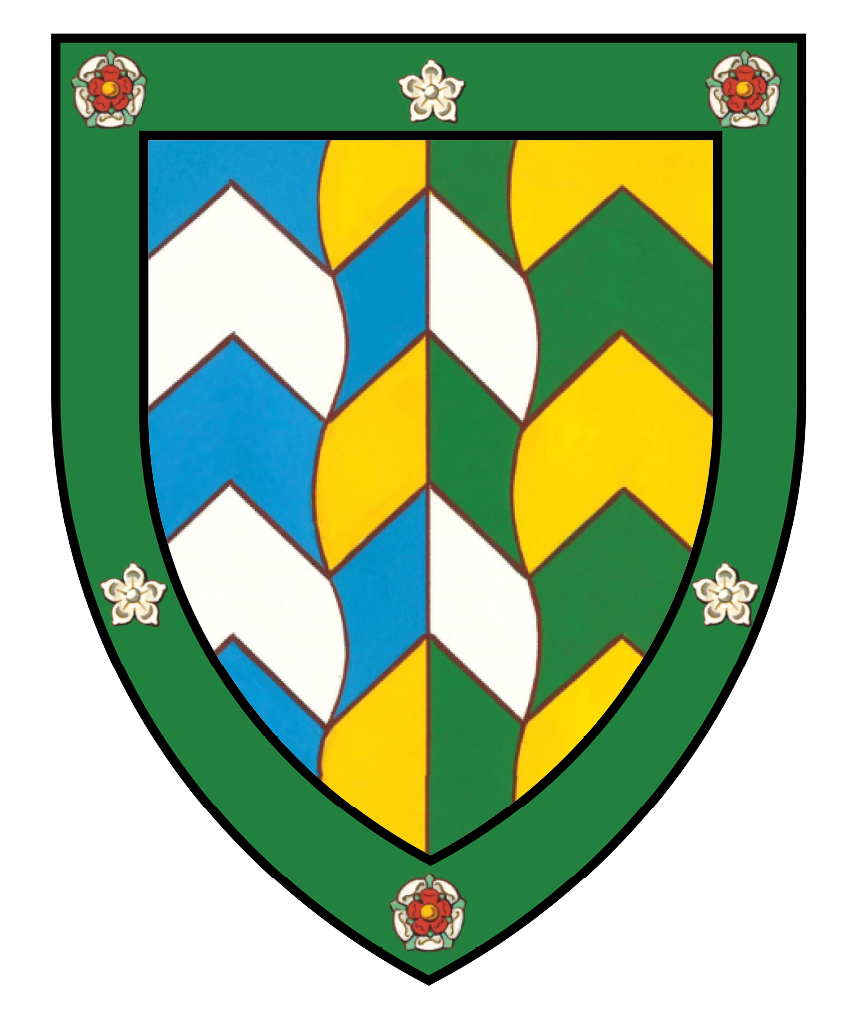Preparing your collection: guidance for depositors and donors to Cumbria Archives
Here is a basic guide which will help you determine which material to bring to us. If your records relate to an organisation, business or council and are still ‘current’ or frequently referred to, you should keep hold of them for the time-being.
Please inform staff if your documents contain personal or sensitive information.
We usually collect the following:
- Minutes – signed version
- Accounts – annual, not quarterly or monthly
- Receipt and payment books
- Articles of Association
- Byelaws and orders
- Declarations of acceptance of office
- Newsletters
- Policies and (annual) reports – final version NOT drafts
- Correspondence on matters of significance to your society or organisation. Private correspondence is of interest too, particularly where it relates to life in Cumbria or documents an aspect of social, economic or political history.
- Photographs and drawings - please check the copyright and ownership where possible. We may appraise these further, for example if subjects cannot be identified or depending on the historical value of content
- Diaries and journals which concern aspects of life, history or culture in Cumbria
- Legal documents like agreements, patents, court cases, licences
- Estate papers, such as title deeds and leases, property registers, terriers, valuations, original maps and plans (including those showing boundary changes)
- Family or personal papers which may be of historical interest
- Press cuttings books / scrap books and other ephemera may be accepted subject to Archivist’s discretion
Your documents may relate to any period but please do not bring in financial records from the last 7 years, which may still be required for auditing purposes.
Please remove papers from plastic wallets – these wallets do not meet archival standards and are not good for the long-term preservation of records.
Where possible, please remove papers from lever arch files and folders and photographs from frames. We will package them in inert (acid free) folders or bind them together with archive tape. Rubber bands and rusty paperclips, staples, pins and tags should be disposed of.
Avoid using ‘Post-It’ notes and sticky labels to identify records. If your records are in poor condition, please do not use adhesive tape to repair them as this can cause further damage. Our Conservators will assess them for repair (please let us know if any records are particularly fragile or badly damaged).
We would advise depositors not to store papers in plastic bags because these can harbour moisture and encourage mould growth.
Please be aware, we may refuse a collection which has evidence of infestation as this poses a risk to our other collections.
We do not collect:
- Duplicates of documents held with us or elsewhere, so please send us the best or ‘fair copy’ where you have more than one.
- Photocopies / printouts – archives should be unique and original. Ideally the archive should be deposited in the original format in which it was created. If the record was created electronically, please send a digital version rather than a printout.
- Correspondence concerning matters of routine administration
- Insurance policies, employers’ liability policies, and accident reporting and risk assessments - these can be disposed of once they have expired.
- Recent financial records (see above re: auditing)
- Invoices, bills and vouchers
- Cheque books, cheque book stubs, counterfoils, bank paying in books, bank statements
- Inland Revenue papers / VAT records
- Quotations, contracts and tenders
- Planning applications for minor works, for example garages, greenhouses
- Artefacts or objects as these are typically held by museums (this includes clothing)
- Personnel files, CVs, wage slips, rotas, time sheets
- Blank forms
- Draft versions of documents
- Copies of printed circulars sent by other organisations
- Newspapers
We may ask your permission to transfer the material to a more appropriate repository based on its format or its geographical or subject matter, for example the North-West Film Archive for audio-visual material.
We may decide to keep a representative sample of a large collection or series of records and offer back to you the remainder of the collection.
Please check whether your own governing body or HQ has a retention schedule or instructions on what needs to be permanently preserved.
If you are uncertain about the material you are considering depositing, please contact the archives team at any of the four archive centres who can advise you further.
V3.0. 29 March 2023, © Cumbria Archives
The above information is also available as a downloadable PDF at
